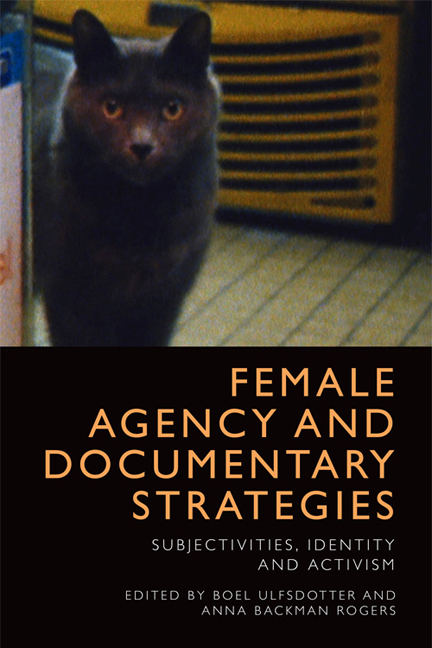8 - Other Women: Thinking Class and Gender in Contemporary Brazilian Documentary Film
Published online by Cambridge University Press: 28 April 2021
Summary
Brazilian society is among the most unequal in the world, and the cinema métier in Brazil reproduces its social and economic asymmetries. The majority of Brazilian film directors are male, white and middle or upper class. The country's few female film directors are also white, well educated and from middle or upper class backgrounds, which seems to influence their low engagement with feminist issues. The feminist agenda may not apply to privileged Brazilian women in the same way that it applies to the majority of the nation's women, who are systematically oppressed not only for their gender positions, but also for their class and race.
It is thus interesting to note that, when looking at contemporary Brazilian documentaries, several films directed by women emerge, focused on ‘Other’ women. I say ‘other’ because, in most cases, these films’ characters are lower class women who live in the slums and outskirts of large cities. This is the case for the films Girls (Meninas, Sandra Werneck, 2006), Abortion of Others (O aborto dos outros, Carla Gallo, 2008), Milk and Iron (Leite e ferro, Claudia Priscilla, 2010), and Like Water Through Stone (A falta que me faz, Marilia Rocha, 2009), all of which are focused on female characters in socially perilous situations. How each filmmaker approaches her subjects varies, but the films all share a stark contrast between the women recording and the women that are recorded.
This article seeks to compare these films’ representational and narrative strategies in order to understand how issues of gender and class intersect when women from different backgrounds encounter each other with cinema as a mediator. I therefore organise the films into two groups. The first includes films with a more sociological focus – Girls, Abortion of Others, and Milk and Iron – while the second contains a single – and singular – film, Like Water Through Stone, with a more performative approach, in which elements from the experience and subjective perceptions of both director and subjects are called into focus. I examine the relational dimension of each work and propose to consider my subject matter as films with women rather than films about or by women.
- Type
- Chapter
- Information
- Female Agency and Documentary StrategiesSubjectivities, Identity and Activism, pp. 114 - 124Publisher: Edinburgh University PressPrint publication year: 2018



